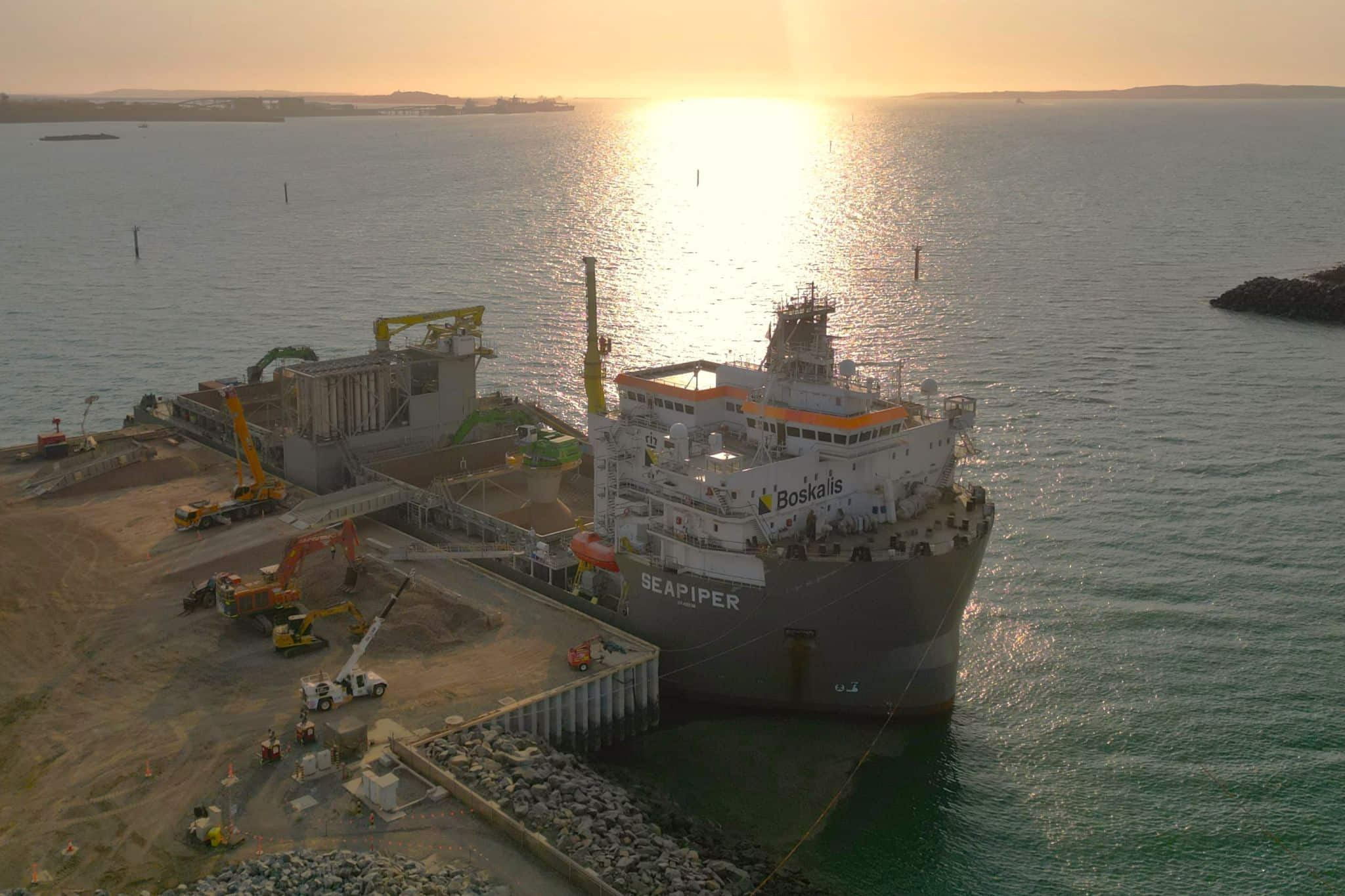300 jobs to be lost as US lithium giant makes further cuts at WA plant

- by Admin
- August 1, 2024
In short:
Up to 300 jobs could be lost after lithium giant Albemarle announced a halt on the construction of a third production train.
Albemarle operates a lithium refinery in WA’s South West and owns 49 per cent of the lithium mine in Greenbushes.
What’s next?
The announcement is expected to result in a billion-dollar impairment against the value of the refinery.
Up to 300 jobs could be cut at Albemarle’s Kemerton plant near Bunbury after the company scaled back construction plans amid lower commodity prices.
The US-based lithium giant says it has made significant changes to the operating footprint at its Kemerton lithium hydroxide conversion site in Western Australia’s South West region.
The company has announced it will stop construction of the third production train at the plant, in addition to placing the second train into care and maintenance.
Each Kemerton train has the capacity to produce about 25,000 tonnes of lithium hydroxide per year.
Plans for a fourth train were shelved in January in a decision the company insisted was a “scaling back” of the plant’s proposed expansion.
At the time, the company said its focus would shift to the “construction and completion” of other projects at the facility.
Albemarle holds a 49 per cent stake in the Talison joint venture that controls Australia’s biggest lithium mine at Greenbushes.
“The long-term growth potential for our end markets remains strong, and we plan to leverage our core capabilities while ensuring we remain competitive,” chairman and chief executive Kent Masters said.
“Building on the progress already underway.
“We are announcing a comprehensive review of our cost and operating structure, beginning with immediate footprint actions at our Kemerton site in Australia.”
The ABC understands the move will lead to 300 job losses, but Albemarle is expected to retain around 460 people at Kemerton.
Lithium analyst Romana Sala Tenna said the price of spodumene – an upstream product ahead of lithium hydroxide production – has fallen much further than anyone was expecting.
“Downstream processing in WA was always going to be a challenge,” he said.
“It is a high-cost environment and a high [capital expenditure] environment to produce lithium hydroxide.
“It probably indicates that the future of the downstream processing facilities in WA are going to be challenged.”
Little warning for workers
The Australian Manufacturing Workers Union said the lack of consultation was disappointing.
“Albemarle turned up in the South West in 2020 promising they would provide secure, well-paid jobs of the future for manufacturing workers,” WA secretary Steve McCartney said.
“All they’ve done in that time is either put workers’ lives at risk or sack people at the drop of a hat.
“South West manufacturing workers are unlikely to ever have the confidence again that working at Albemarle is worth the hassle or the risk.”
Federal Resources Minister Madeleine King extended her sympathies to the impacted workers.
“There will be 300 workers who will have a bad time today and I really feel for them and I’m sorry there has been no warning for them,” she said.
“These are great jobs in and around Australind and Bunbury and Busselton and they will be feeling it.
“But this is a decision made in North Carolina, like Alcoa in Kwinana before.”
Ms King said she had been advised by Albemarle that 300 employees would be affected by the company’s latest announcement and that there could be an impact on a proposed workers’ village under construction in Australind.
South West Liberal MLC Steve Thomas said the decision was not surprising given the volatility of the lithium market over the last year.
“What should now be obvious to everyone is that price volatility of other minerals is a significant economic risk factor, just as it is for iron ore,” he said.
“Which means that the debate on diversification has to go beyond just picking the next boom mining commodity.”
The Latest News
-
December 23, 2024Here’s why Golf Twitter lost its damn mind over Team Langer’s PNC victory – Australian Golf Digest
-
December 23, 2024From smaller homes to screen time, backyard cricket is facing challenges in modern Australia
-
December 23, 2024This quiet Canadian will make you love YouTube golf again – Australian Golf Digest
-
December 23, 2024Guide Helps Australian Workers Expose Tech Wrongdoings
-
December 23, 2024PPHG achieves GSTC multi-site certification for all its Australian properties – Travel And Tour World





